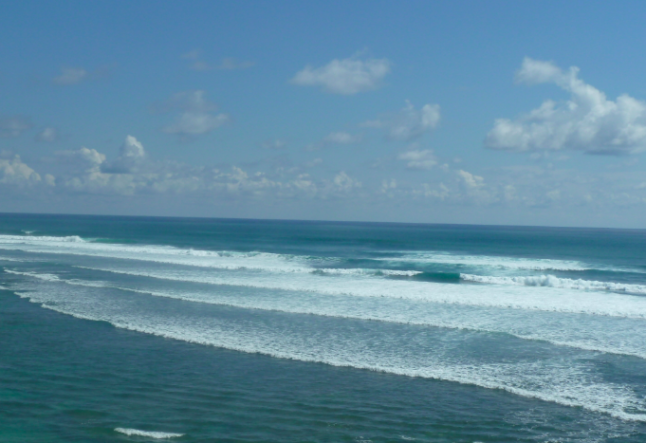judgement day

releasing right and wrong
As human beings, we all possess a natural propensity to make judgments about our environment and the people we encounter in it. If we allow this natural judgmental tendency to become overactive, we tend to reject and exclude much of the diverse beauty and opportunity that can enhance and enrich our lives. Our egos lead us to seek out comfort zones in which we can feel safe and secure. While these are necessary to keep us grounded, failing to step out of our comfort zones from time to time can cause our lives to become stagnant, robbing us of our momentum and natural vibrance. Living entirely inside our comfort zones can limit our beliefs, keep us from accepting and respecting others’ points of view and, ultimately, hindering our personal growth.
There is a big difference between the judge in a courtroom and our inner judge. As a culture, we tend to think and act more like the courtroom judge who uses the perspective of common law (or what is socially accepted) to pass judgment about whether someone is guilty or not. Judging people and situations through the lens of the common consensus is more about survival than anything else: I need to be right to fit in and be accepted, so you must be wrong.
Our culture programs us to strive to be the best, to be the most loved. We tend to make sweeping judgments about what is good and what is bad and then we accept and welcome all that is good and reject all that is bad in order to keep ourselves in alignment with what we believe will gain us the greatest acceptance. But this type of mob mentality blocks the wisdom of our inner guide from influencing us. It can be startling to imagine how our lives and the world would be different if we chose to make our decisions based on our conscience and the guidance of our inner voice rather than the external need to be accepted. This would mean the difference between living to survive and living to thrive. It would be a life inspired by challenge, growth, learning and love.
Judgment is the birthplace of blame. And blame is our way of fortifying ourselves against ideas, actions and points of view that are outside our comfort zones. Right and wrong are the agents of blame, assigned to our experiences and the people we encounter in order to quantify our existence. This black and white approach to right and wrong gives us the best possible chance of fitting in with the consensus and ensuring survival according to our programmed instincts. However, this also means that we are making these judgments from a foundation of fear, defensiveness, lack and scarcity rather than wisdom, openness, faith and love. Letting go of our fear of rejection and need to align with the consensus opens up boundless opportunities for growth and a world defined by what it includes and accepts rather than what it excludes and rejects.
An important question to ask is whom does it serve to pass judgment? We use it to define who we are and how we operate, which is normal. But when the judgment is fed by external expectations, the definition of who we are is also affected. We begin to define ourselves based on how we fit into society or what society deems is socially respectable and acceptable. The question becomes how do we find our true selves and respond to the experiences in our lives from our core; not the culture’s programming, but our own inner balance that derives its truth from the divine connection.Finding our truth and allowing our vulnerability to lead and guide us will give rise to an inner knowing that is not based in external consequences.
The further we are from our core the harder it is to judge from that inner space. Our wisdom, if we allow it to, will bring us closer to our inner spirit. Thus, if our judgments come from that place, they will be guided not by external influences but by internal knowing, leading us to a greater understanding of ourselves and everything we encounter. For one day, leave judgment behind. Leave right or wrong behind. Practice simply being where things happen and accept that they simply”¦happen. Leave it at that without the need to apply external judgment. Catch yourself passing judgment and ask yourself: What if there was no right or wrong?
Contact life coach Hermas Lassalle if you wish to explore this topic further at 310.451.3646 or lassallecoaching.com